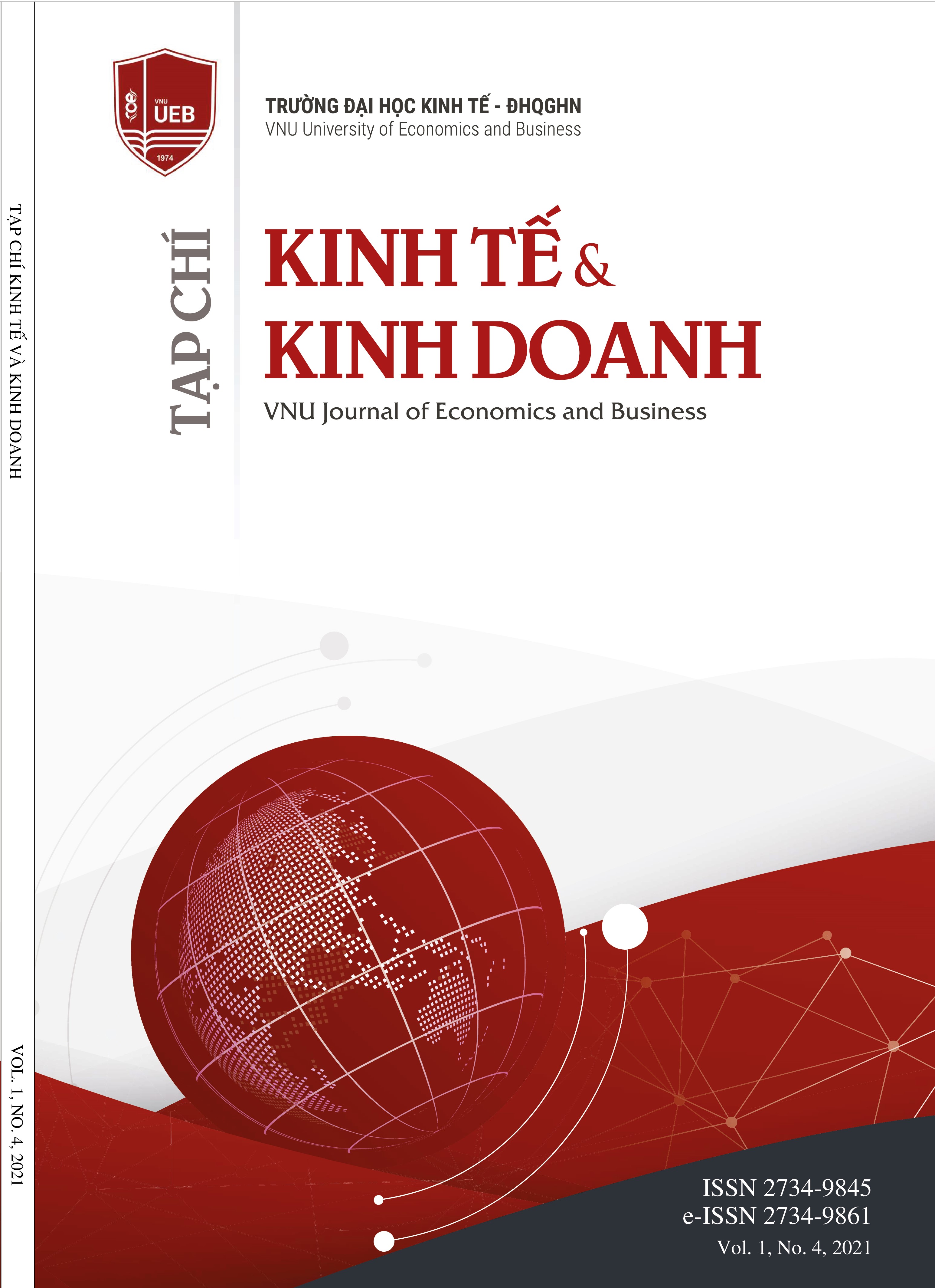Impact of COVID-19 on Small Business Households: A Case Study of Thanh Hoa and Tuyen Quang Provinces, Vietnam
Abstract
This study aims to assess the impact of COVID-19 on the business activities of 196 small business households, and their adaptation strategies to cope with those impacts in Thanh Hoa and Tuyen Quang provinces of Vietnam. By utilizing descriptive statistics and OLS regression, this study’s results show that all targeted business owners believe that COVID-19 had changed customer demands and reduced their supply input significantly. Our study findings also revealed that due to COVID-19, households’ living expenditure, transportation costs and input costs were significantly increased and led to a reduction in the number of customers. Households in the study area showed their willingness to apply the adaptation strategies to change their business products or business methods. Further, adaptation measures such as increasing advertising or improving sales skills were reported to be less attractive to the participation of households in the context of increasing waves of the recent pandemic. Significant factors that affected households’ income were the type of businesses (including food and beverage businesses, grocery businesses, fashion and cosmetic businesses, technology products businesses and entertainment and beauty services businesses), the age of the business owner, the decrease in the supply of input goods, increased transportation costs and the reduced number of other purchases. Some policy recommendations are suggested such as giving priority to vaccination for sellers and freight carriers, creating a mechanism for smooth transportation of goods between localities, tax reduction or exemption during the closure because of the state policies including lock downs, social distancing, and to support business owners in the form of a subsidy or to provide them with a platform for online business that might be more suitable in the current situation.

